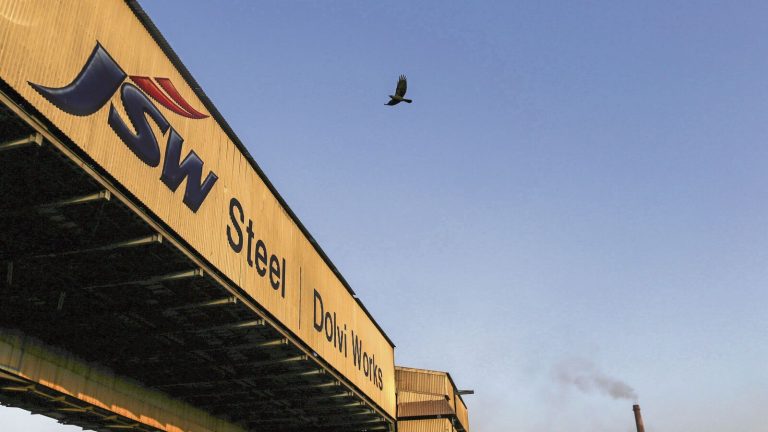The Supreme Court ruling quashing Bhushan Power & Steel’s (BPSL) resolution plan has upended JSW Steel’s ₹19,000 crore acquisition. Mint explains the recovery options—from a Supreme Court review to potential government intervention.
Why is it a big blow to JSW?
The Supreme Court ruling invalidating JSW Steel’s ₹19,700 crore acquisition of BPSL is a major blow to its growth ambitions, especially its 2030 target of achieving 50 million tonnes (mt) of steel capacity. JSW paid ₹19,350 crore to settle BPSL’s creditors. BPSL’s Odisha Jharsuguda plant contributed 13% to JSW’s total production and around 10-11% of Ebitda (earnings before interest, taxes, depreciation and amortization). Analysts say losing the asset could slash JSW’s FY26 Ebitda by ₹4,000–4,500 crore. The ruling affects 2.5mt of flat products, disrupting downstream sectors.
Can this problem spill over to other sectors?
With the SC annulling JSW Steel’s acquisition, banks must return ₹19,350 crore under the March 2020 CoC undertaking. JSW had paid this to settle ₹47,204.51 crore owed to BPSL’s financial creditors. Major public lenders like State Bank of India, Punjab National Bank and Canara Bank, along with private lenders like Axis Bank and Karur Vysya Bank, are affected. With BPSL now heading for liquidation, lenders are likely to recover far less than under the resolution plan. This affects earnings, especially amid pressure on PSU banks’ margins and could worsen with Reserve Bank of India’s expected rate cuts in FY26.
Also Read | Mint Primer | India’s economy looks strong. What could go wrong?
Is this the end of the line or is a review possible?
JSW Steel and the lenders can file a review petition before the Supreme Court within 30 days under Article 137 of the Constitution. A full reversal is unlikely, say analysts, but partial relief—such as clarity on JSW’s paid funds—is possible. A new bench may hear the petition, as Justice Bela Trivedi, who was part of the ruling bench, is set to retire in the first week of June.
Is there a role for the government here?
The government is reviewing the ruling decision. Department of Financial Services secretary M. Nagaraju said the matter could soon be placed before the government for legal or policy action. Experts suggest the Centre may issue an ordinance to uphold the finality of resolution plans and curb post-resolution litigation. Drawing from Insolvency and Bankruptcy Code amendments, the Centre may consider statutory protection for resolution applicants like JSW to avoid uncertainty in future insolvencies.
What can be the impact on the IBC?
Experts warn that the judgment could weaken the IBC by eroding the finality of resolution plans. Reopening settled cases over procedural lapses may deter bold decisions by lenders and the CoC. Resolution professionals might become too cautious, slowing things to avoid risk. Using Article 142 to reverse an implemented resolution plan and order liquidation is unprecedented and raises concerns of judicial overreach, potentially disrupting the balance in India’s insolvency regime.



